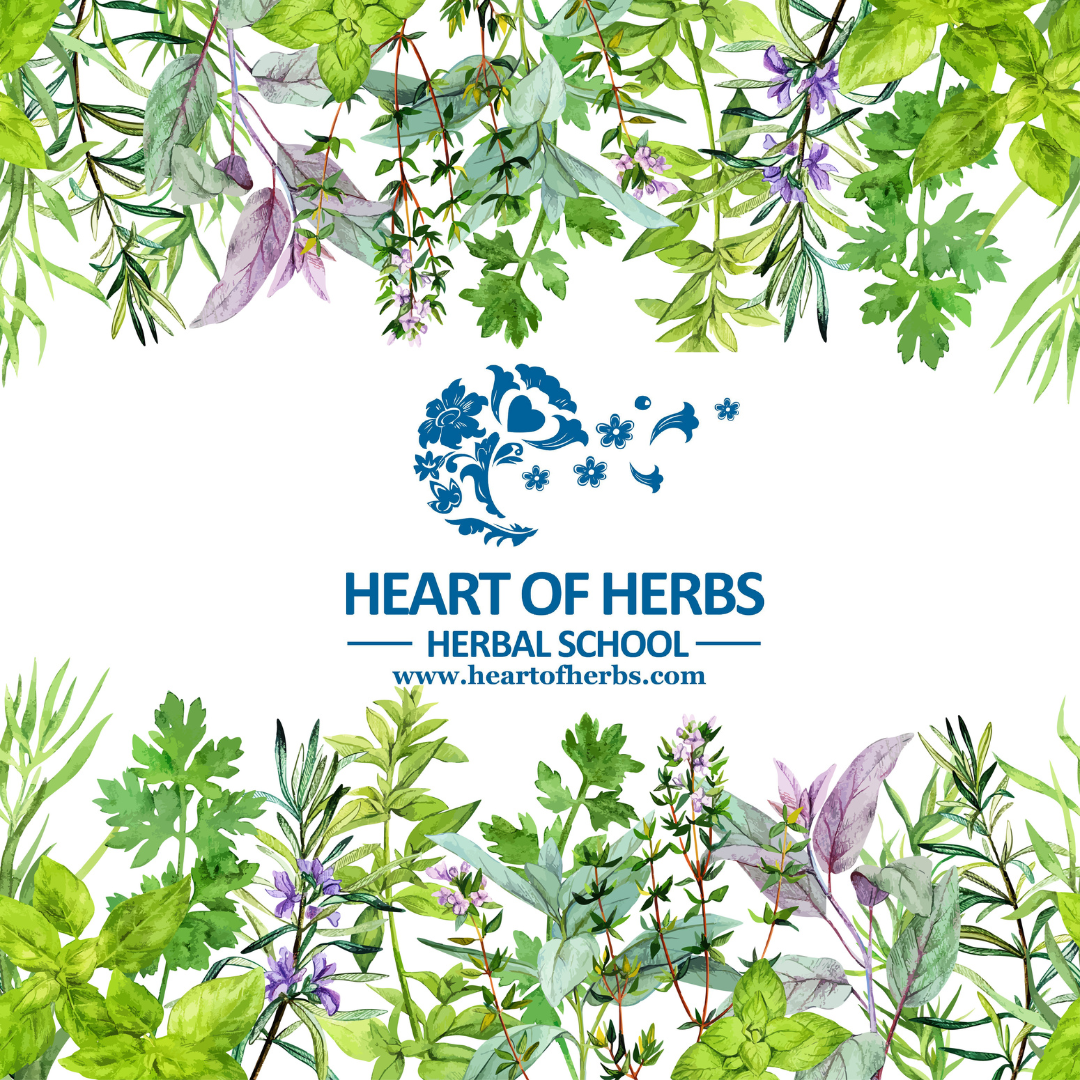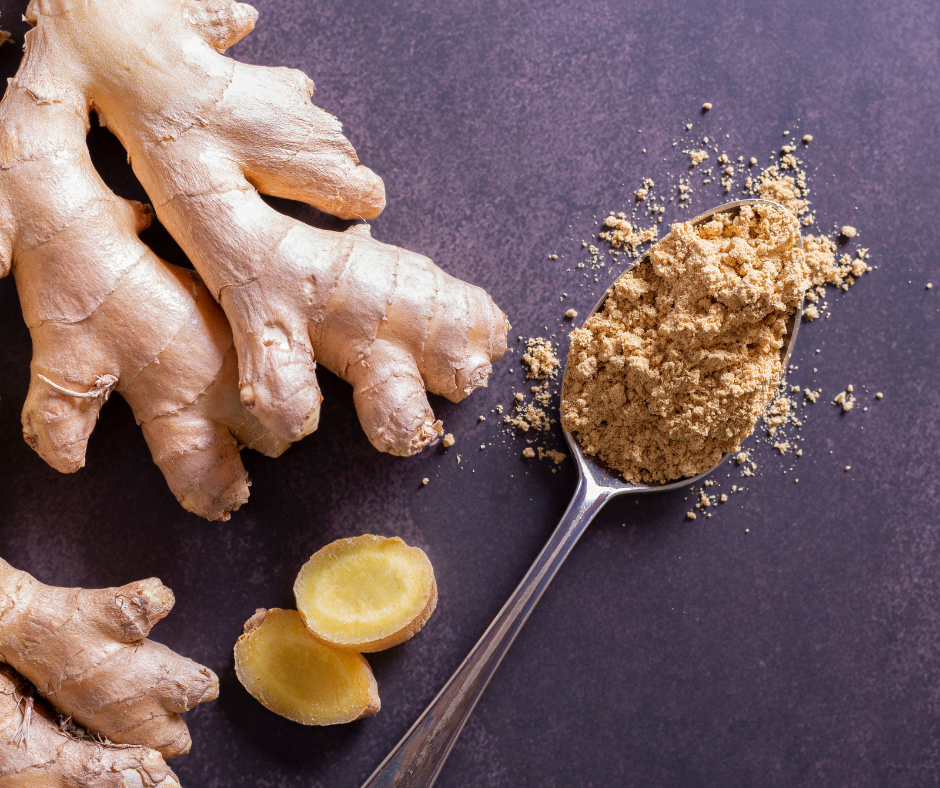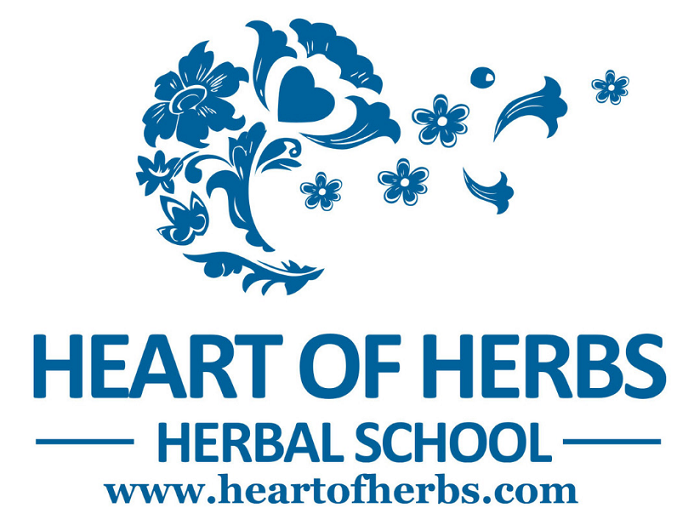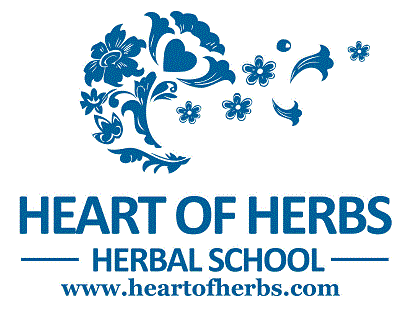


Herbs for Sore Muscles
With the warm weather and long days, it’s no wonder we spend more time outside doing physical activities. Whether gardening, playing sports or working in the yard, it’s a great time to be active outside. But sometimes, even if it’s a minor injury, you can have sore muscles after spending so much time on your feet. If you want athletic injuries that aren’t your thing but still want to know what herbs are good for sore muscles, then this post is for you!
Arnica is the first thing to use for a new injury.
Arnica is the first thing to use for a new injury. It helps with bruising, sprains, and strains. The best way to take it is in tincture form so that it gets into your system quickly. If you’re using it for an old injury, make sure you’ve healed up before starting this herb because it can exacerbate pain if there’s still inflammation.
You can use Arnica by itself or with herbs like ginger root, St John’s wort, or yarrow flower (which will help with blood circulation).
Black Cohosh is an anti-inflammatory.
Black cohosh may be an herb for sore muscles, but it’s also good for muscle pain and cramps. It can be used internally or externally (on the skin) as a salve. It’s also known to help with menstrual cramps, hot flashes during menopause, and general inflammation.
Ginger has excellent anti-inflammatory properties.
Ginger is a great herb to add to your arsenal when looking for natural relief from sore muscles. It has been used for centuries as an anti-inflammatory. It can be taken in many forms: as a supplement and topically, by applying it directly to the skin. Ginger is also known for helping with arthritic pain, muscle pain, and joint pain.
Blue Chamomile has astringent and anti-inflammatory properties.
Blue chamomile is known for its anti-inflammatory and astringent properties. It can be used to treat bruises, cuts, and other wounds. Blue chamomile is also an excellent treatment for swelling.
To get the best results from your blue chamomile tea, make sure that you are using dried plants rather than fresh ones—the latter may contain harmful chemicals like carbon disulfide (which can cause respiratory issues) or coumarin (a blood thinner).
White Willow Bark is a salicin, like Aspirin.
White willow bark is a salicin, like Aspirin. Salicin is an active ingredient in the bark that helps with inflammation, which can help reduce pain and swelling.
There are some essential differences between white willow bark and Aspirin. For one thing, it’s not going to thin your blood as much as Aspirin does; white willow has less of an effect on platelets than Aspirin does (platelets are part of your blood that help clot). Because of this difference, you’re less likely to experience stomach bleeding from taking white willow than you would from taking Aspirin.
Marjoram may reduce pain and increase circulation.
Marjoram is a great herb to use for muscle pain. It can be used as a topical or internal remedy but should not be applied directly to the skin. Marjoram is an anti-inflammatory, which makes it effective in treating pain and swelling. It also helps reduce swelling and inflammation of the joints.
Lavender is best known for relieving stress but can also help ease muscle pain.
Lavender is best known for relieving stress but can also help ease muscle pain.
If you are unsure what the problem is or if your sore muscles have an underlying cause, lavender can be a good herb. It’s versatile and can be used in a lot of different ways:
-
In bathwater (1 cup of flower buds)
-
As a massage oil (2 tablespoons carrier oil mixed with ten drops of lavender essential oil)
Herbs can help with sore muscles, strains, and sprains.
Herbs are a natural way to treat sore muscles. Several herbs can help with muscle pain, strains, and sprains.
Herbs for muscle pain:
-
Arnica (Arnica montana) is one of the best-known herbs for treating muscle pain and inflammation. It reduces swelling, bruising, stiffness, and pain from injury by improving blood circulation in the affected area. You can apply Arnica to your skin as a salve or use it topically as an ointment or cream; it also works well when taken internally in capsules or tablets.
-
Calendula (Calendula officinalis) has analgesic properties that make it helpful in relieving minor aches and pains caused by injuries such as sprains or strains. It should not be used on open wounds. However—you should always seek advice from a professional before using any form of herbal medicine if you have any concerns about your health conditions or medications!
Conclusion
The best way to use these herbs is in a muscle rub or as tea (you can use a compress). You can also mix them with other ingredients for an even better effect. If you’re dealing with chronic pain, talk to your doctor about using these herbs as a supplement or alternative to traditional medicine.
Become an herbalist and learn how to use herbs for your family, friends, and your community.
Or take the next step and become a professional clinical herbalist.
Now is your time! Online, mentored education, with support and a great student group.
I can’t believe I have completed this course! This is the best experience in online schooling I have had in my adult life. Demetria Clark and her staff are always there to provide extra assistance when you need it. The hard copy books and e-learning does a wonderful job of keeping up with the times. The ability to talk to other students on social media is great.
Disclaimer
Disclaimer Blog
The information presented on the Heart of Herbs Herbal School/Demetria Clark websites is for educational purposes only. Heart of Herbs Herbal School/Demetria Clark Education LLC makes neither medical claims nor intends to diagnose or treat medical conditions. Links to external sites are for informational purposes only. Heart of Herbs Herbal School/Demetria Clark neither endorses them nor is in any way responsible for their content. Readers must do their own research regarding the safety and usage of any herbs, recipes, or supplements.

